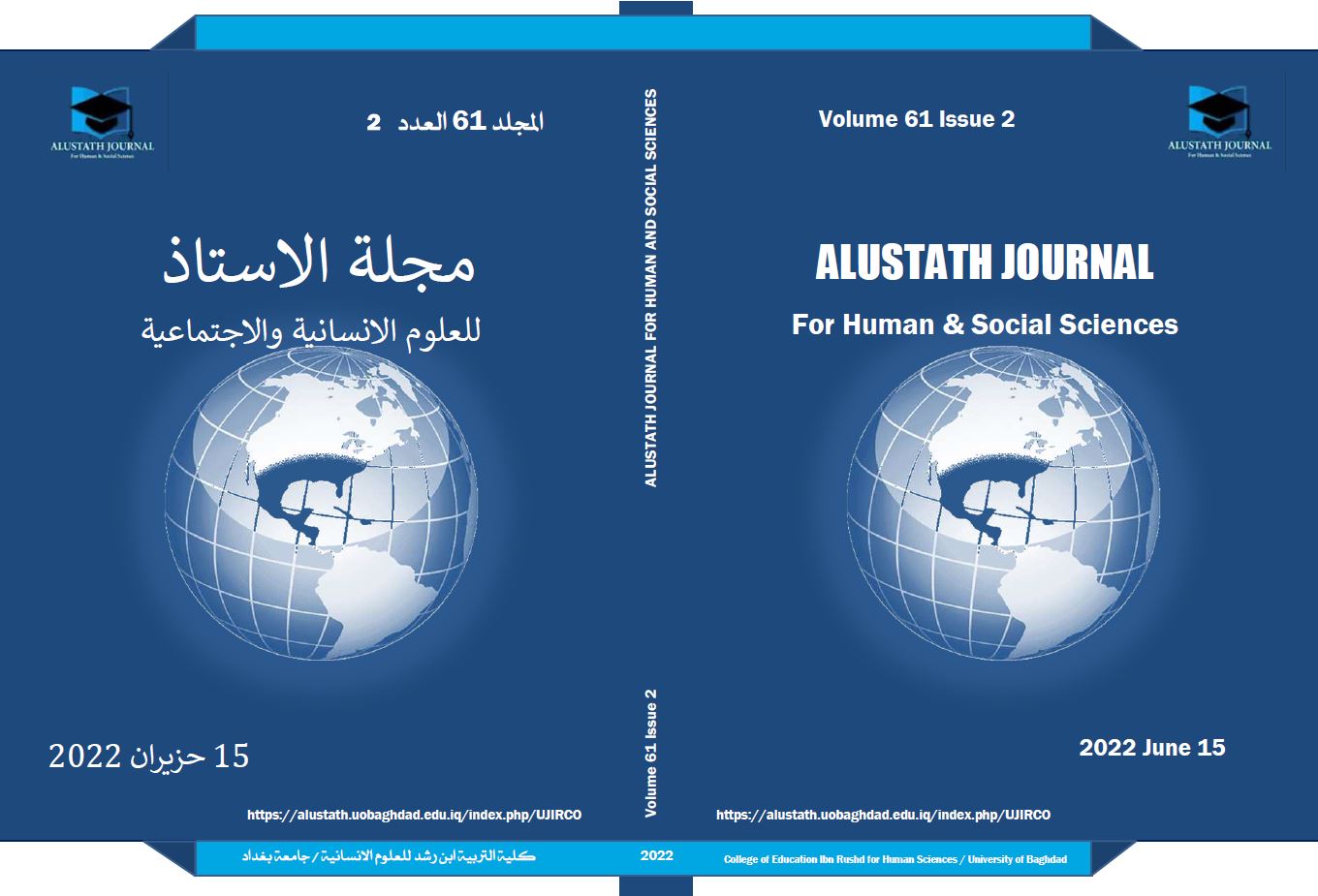Rumi and Sadi's Contribution to the Promotion of the Humanistic Culture
DOI:
https://doi.org/10.36473/ujhss.v61i2.1317Keywords:
Humanistic Culture, Literature, Religion, Tolerance, Respect for WomenAbstract
With its sweetness and bitterness, with its fantasy and reality, literature is the soul of human culture. It graces civilizations with beauty, morality, and the love of humanity. It seeks to prompt human culture to march towards excellence and elegance and maintain distance from vileness and wickedness. With its stress on diversity, it strives to curb violence and arrogance. Its ideal lies in bestowing love, peace, and integrity upon the chaotic and materialistic existence to deliver it from meaninglessness and vulgarity. Thus, this article invokes Mathew Arnold's idea of culture to bring into light the contribution of two classical Persian poets: Rumi and Sadi, to the promotion of the humanistic culture. To this end, firstly, this article will briefly discuss the enemies and defenders of literature. Then it will dwell on the notion of culture from the perspective of Mathew Arnold. Secondly, it will highlight how Rumi preaches his faith in the humanistic culture by advocating tolerance and critiquing zealotry and fundamentalism in religion. Finally, it will illuminate how Sadi brings into fore his conviction about the humanistic culture by taking sides with the disfranchised maiden as well as by satirizing the older man desiring to marry her by the power of his wealth and the gift of gab.
Downloads
References
Shafak, E. (2011). The Forty Rules of Love. London: Penguin Books Limited.
Abjadian, A. (2005). A Survey of English Literature (Vol. 1). Tehran: SAMT.
Al-Ghazali, M. (1996). Reflections on Islamic View of Art and Literature. Islamic Studies, 35(4), 425-434.
Arnold, M. ([1868] 2012). From Culture and Anarchy. In S. Greenblatt (Ed.), The Norton Anthology of English Literature (Vol. E, p. 14181425). New York & London: W.W.Norton.
Atwood, M. (2006). The Handmaid's Tale. New York: Everyman's Library.
Bacon, F. (2012). Of Truth. In S. Greenblatt (Ed.), The Norton Anthology of Literature (Vol. B, pp. 1663-1664). New York & London: W.W. Norton.
Bertens, H. (2014). Literary Theory. London & New York: Routledge.
Emerson, R. W. (1913). The Works of Ralph Emerson (Vol. 4). London: G. Bell and Sons.
Hall, V. (1964). A Short History of Literary Criticism. London: The Merlin Press.
Hosseini, M. (2009). Rishehaye Zan Setizi Dar Adabiat Kelasik Farsi [Roots of Misogyny in Persian Classical Literature]. Tehran: Nashre Cheshme.
Klages, M. (2006). Literary Theory: A Guide for the Perplexed. London: Bloomsbury.
Lawrence, K., Seifter, B., & Ranter, L. (1985). The McGraw-Hill Guide to English Literature (Vol. 1). New York: McGraw-Hill Publishing Company.
Leitch, V. (Ed.). (2010). The Norton Anthology of Theory and Criticism (Second ed.). New York & London: W.W. Norton.
McAuliffe, J. D. (Ed.). (2015). Norton Anthology of Islam. New York & London: W.W.Norton.
Miskawayh, A. (2015). From the Refinement of Character. In J. D. McAuliffe (Ed.), The Norton Anthology of World Religions: Islam (pp. 303-306). New York & London: W.W. Norton.
Moran, M. (2006). Victorian Literature and Culture. London & New York: Bloomsbury Academic.
Orwell, G. (1992). Nineteen Eighty-Four. New York: Everyman's Library.
Rumi, J. (2010). Masnavi Manavi [The Spiritual Couplets]. Tehran: Entesharat Tehran.
Sadi, A. (n.d.). Gulistan. Retrieved December 19, 2020, from https://archive.org/details/GolestanSaadiPersianTextPdf/golestan-saadi%20persian%20text%20pdf/mode/2up
Sadi, A. M. (2012). Oneness of Mankind. In H. Ghomshei (Ed.), A Study of Islamic Texts in English Translation (II) (p. 29). Tehran: SAMT.
Scott, D. (2007). Rewalking Thoreau and Asia" 'Light from East' for 'A Very Yanker Sort of Oriental'. Philosophy of East and West, 57(1), 14-39.
Yousefi, G. (1980). Jahan Matloob Sadi [The Desired World of Sadi]. In Sadi, Bustan Sadi (pp. 23-37). Tehran: Entesharat Anjoman Ostadan Zaban ve Adbiat Farsi.












